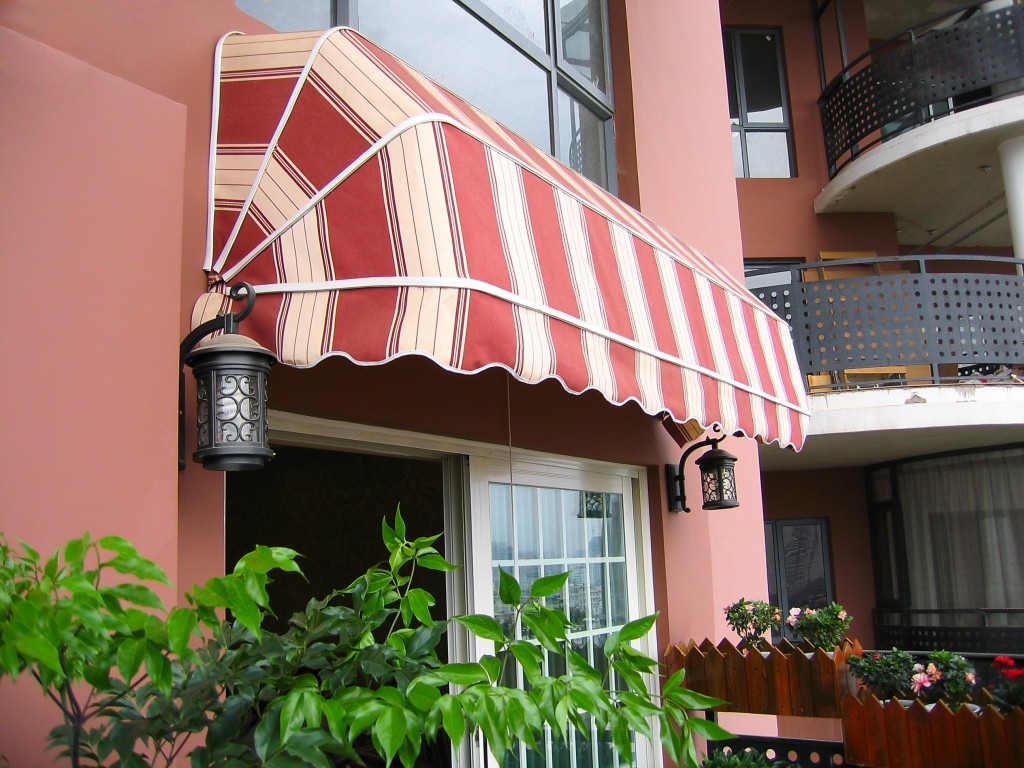With vaccines being rolled out across the United States, the future for the restaurant industry still has a lot of potential to thrive. No matter what, consumers will always want dining-out experiences and a host of food options. If you have an old residential property that you would like to turn into a small restaurant or cafe, here are some tips to remember.
Inform yourself on local zoning laws
Do thorough research on your area’s local zoning laws. Check online for zoning maps and study up on zoning trends, as transitioning your property from a residential to a commercial space entails requesting a change of zone. More often than not, these requests only get approved when the owner can prove that the transition would benefit the entire community. Consider consulting with a business attorney on your options and how you can get that approval.
Ensure that the property complies with health and safety regulations
Once you’ve been approved to turn your residential property into a restaurant, make sure that the property is compliant with the current building code and that it has no outstanding violations. The property must be up to date on all permits, such as driveway and right-of-way permits and other licenses.
Building codes exist to ensure that the property’s structural integrity is sound and designed to protect all the occupants. Building codes also have specific criteria, including the number of entrances and exits that each person needs and the kind of construction materials used. It also has stipulations on accessibility, which is crucial for inclusivity. Building codes require restaurants to have ramps. Moreover, the doorway must be spacious enough to allow wheelchairs to go in and out of the establishment, and the restrooms need to be accessible for everyone.
The cooling and heating systems must also be up to scratch since they will keep your kitchen cool. The Department of Health will have to scan for cleanliness and safety in your operations.
Maximize the outdoor areas
Since researchers say that COVID-19 is here to stay, maybe not as a pandemic but as an endemic, the restaurant will still need to comply with public health and safety regulations in the time of the novel coronavirus. Here are some key tips to remember:
- Prioritize proper ventilation in your restaurant. Opt for open windows and outdoor dining instead of keeping it enclosed. Scientists recently released a paper concluding that the virus that causes COVID-19 is airborne, so proper ventilation will be crucial to keeping your staff and customers safe and healthy and curb infections.
- Make room for proper physical distancing. Make sure that the tables are properly distanced so that people don’t need to dine too close to one another.
- Extend the dining space outdoors. If the property has a big enough front yard or backyard, consider renovating those areas so that you have more room for tables and chairs. If the concrete deck is on the older side and starting to show signs of wear and tear, consider investing in concrete resurfacing products to create a beautiful surface that will last for a long time and will ensure your customers’ safety while they’re dining.
By creating the right ambiance through the use of soft and romantic lighting as well as the right furniture, your house-turned-restaurant just might be the perfect place for a date night for couples who would like to dine out but don’t want to do it in cramped restaurants or cafes.

Mind the kitchen
Now that the kitchen will be used to cook for multiple people at a time, it needs to be ready and equipped to carry that load. Your chefs and cooks deserve a kitchen where they can move freely without bumping into each other or being inconvenienced by the small space. Here are three key things you need to prioritize in the kitchen:
- Equipment, which will be the backbone of your restaurant’s operation. Make sure your refrigeration, cooking equipment, and ventilation will influence what kind of menu you will have, so make sure it’s fully equipped.
- Ventilation will ensure that the residual heat from all the cooking will be properly cooled and let out. It will also eliminate carcinogenic pollutants, which are bad for occupants’ health.
- Fire safety is also a big consideration. Ensure you have an adequate sprinkler system, a fire suppression system, and essential pathways that remain unobstructed and clearly marked.
Final Thoughts
Converting a residential property into a small restaurant or cafe is just like starting any type of restaurant. It just has more permits and red tape to get through. Consult with a zoning expert to know your options and prioritize health and safety at every turn, and you will have the building blocks for creating a successful business.

